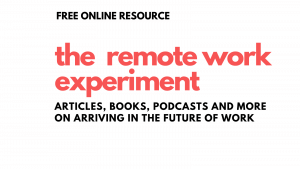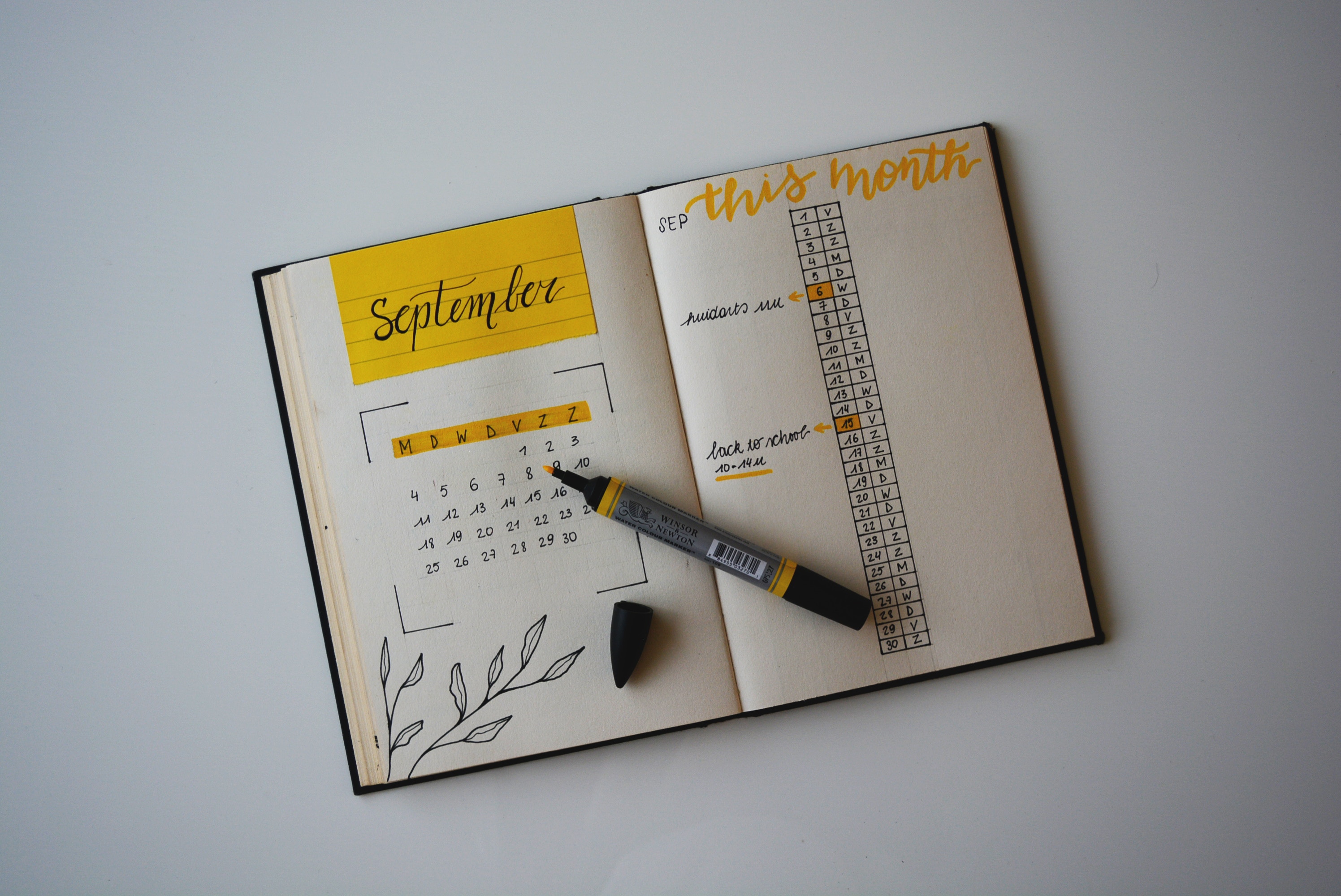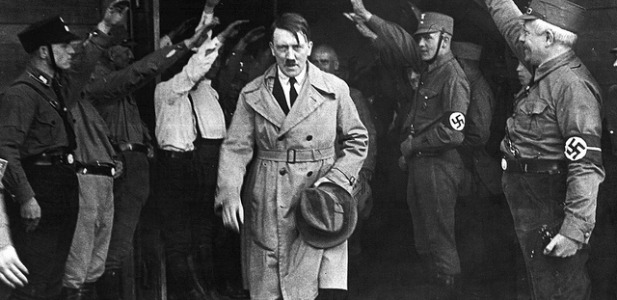Last week, I had a brief Twitter dispute with Matt Armstrong (@Mountainrunner) on James K. Glassman’s and Michael Doran’s Wall Street Journal article on what kind of diplomacy the USA should use to “undermine the regime in Tehran”. In this article, Glassman (who was George W. Bush’s last Undersecretary of State for Public Diplomacy and gained a great reputation for his clever use of social media tools) and Professor Doran argue that rather than using force to eliminate thre threat of a nuclear Iran, the US should use its soft power.
Obviously, I am all for this approach, but it nevertheless seems to me that some of their proposals are too far reaching and rather resemble clandestine operations than public diplomacy instruments or soft power.
While Glassman and Doran rightly suggest that tightening sanctions and better access to independent media outlets may increase public pressure on the government, I believe they overshot the mark when suggesting that the US should use third parties to “provide moral and educational support for the Green Revolution”. I am also not quite sure about the benefits of supplying dissidents with “reports on what worked (during the coloured revolutions) in Ukraine or Georgia” or to provide “documentaries on the fall of Ceausescu, Milosevic and Pinochet; the transitions in South Africa and Poland; and the achievements of the U.S. civil-rights movement”.
This will certainly be seen as US intervention in internal affairs by the Iranian government and will make it impossible for US negotiators to find a solution for the Iranian nuclear programme at the green table. It will also strengthen the Iranian propaganda and may even reduce popular support for the Green Revolution. These tactics resemble the CIA’s covert action programmes in South America, the former Soviet Union and elsewhere and as Tim Weiner pointed out in his best-selling book “Legacy of Ashes”, they failed to succeed in any of these cases.
To be clear: I agree with Matt who argued in a tweet that public diplomacy was no “beauty contest”. It is a means to pursue a state’s foreign policy interests abroad – and I have indeed argued that way in my article on public diplomay. But if public diplomacy becomes a synonym for regime change, it will loose the broad support it needs in order to be successful.
Surely, the West would prefer another leader than Ahmadinejad, who repeatedly called for the annihilation of Isreael, supresses the opposition on the street and in show trials and who obviously does not do much to improve the living standard for a broad majority of his people. But teaching the Green Revolution to overthrow their government will not lead to a more stable situation. Western diplomacy should keep a door open to the “official” Iran and try to negotiate with the Iranian administration. It should be our primary concern to protect the Iranian dissidents from repression by making it clear to the Iranian government that the West closely watches any violations of human rights.
It is also important to invite Iranians to the US, to Europe or to other parts of the free world through exchange and education programmes – just as Glassman and Doran suggest. This will certainly have a positive effect on their desire to achieve real reform in their own country and to elect another government. But sending out revolutionary leaflets as Glassman and Doran suggest is not the smart kind of soft power which made the US so attractive to most parts of the world. It’s like using a hammer to apply a screw to a wall.
Foto: Hamed Saber, Iranian dissidents, Lizenz: CC BY 2.0






